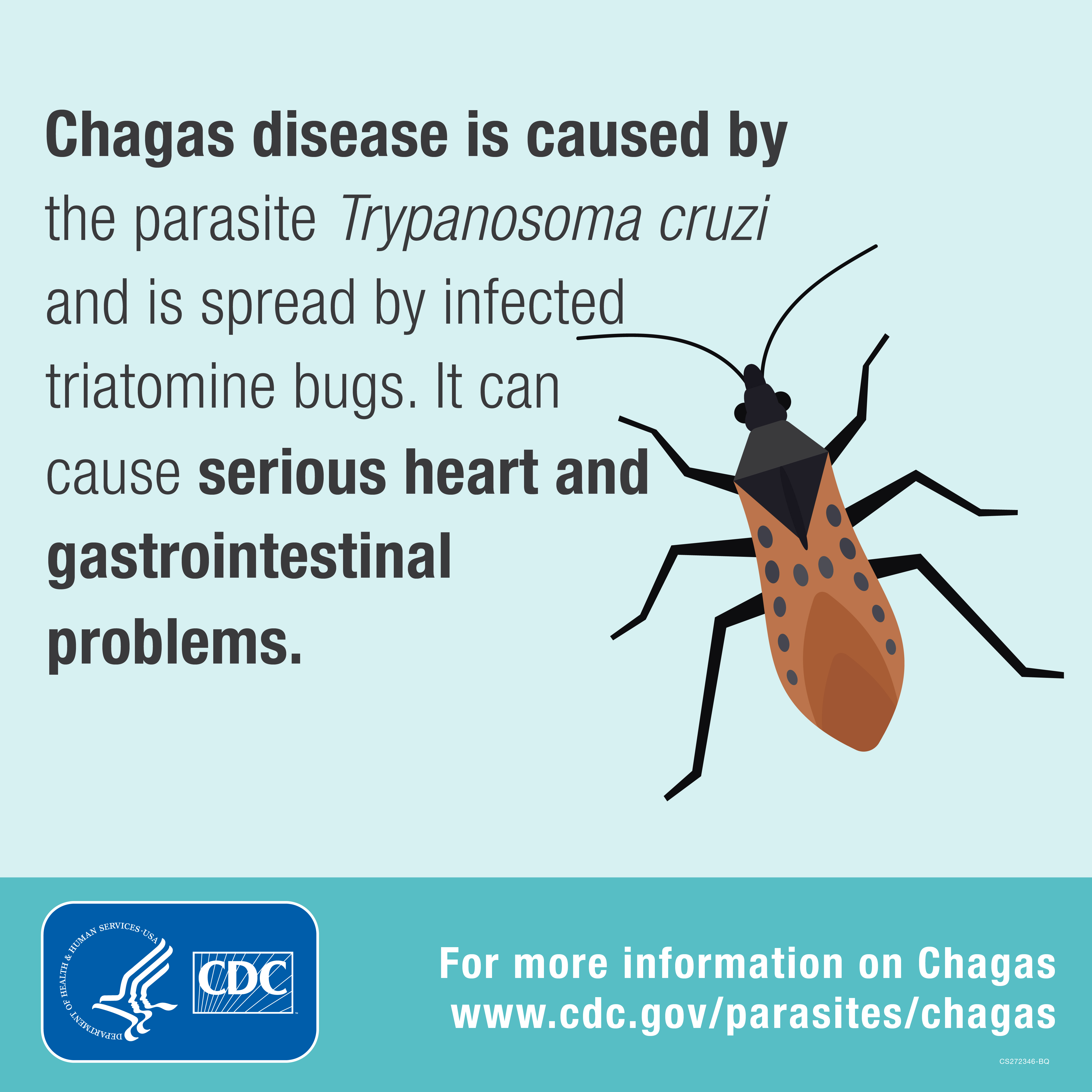Bad enough ticks are out and active now,
but now there's a new "Kissing Bug"
If you do come across one of these kissing bugs, Dr. Vivian Bellofatto of Rutgers New Jersey Medical School. says don’t touch it with bare hands.
Put on some gloves or grab some tweezers.
Put the bug in a plastic bag and bring it to a local health department for identification.
Put on some gloves or grab some tweezers.
Put the bug in a plastic bag and bring it to a local health department for identification.
 |
| CDC image https://cnycentral.com/news/local/health-officials-warn-of-deadly-kissing-bug-04-26-2019 |
A bite by this type of bug carrying the parasite can lead to chagas disease. The first sign is often swelling around the bite, followed by fever and exhaustion that can last for weeks. Years later the infection can lead to a more chronic disease.
Already spotted in the states of
Delaware and Pennsylvania.
However, the transmission of the Trypanosoma cruzi parasite from a bug to a human is not easy. The parasite that causes the disease is in the bug feces. The bug generally poops on or near a person while it is feeding on her blood, usually when the person is sleeping. Transmission of the parasite happens when poop is accidentally rubbed into the bite wound or into a mucous membrane (for example, the eye or mouth), and the parasite enters the body.
https://www.cdc.gov/parasites/chagas/gen_info/vectors/index.html
Best not to rub or scratch if bit - wash area first .
https://www.cdc.gov/parasites/chagas/gen_info/vectors/index.html
Best not to rub or scratch if bit - wash area first .
 |
| Courtesy CDC.gov |